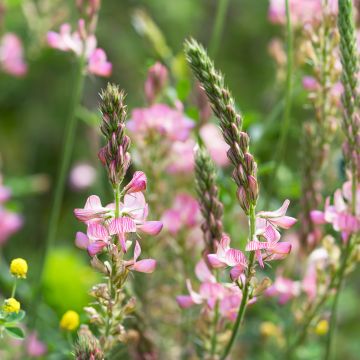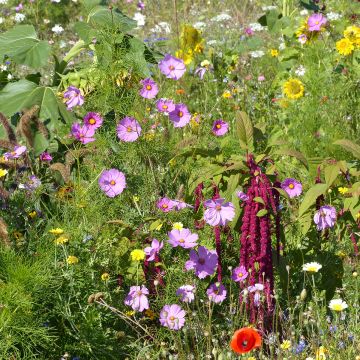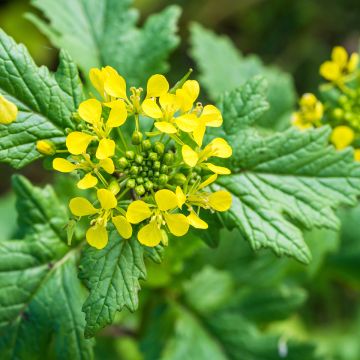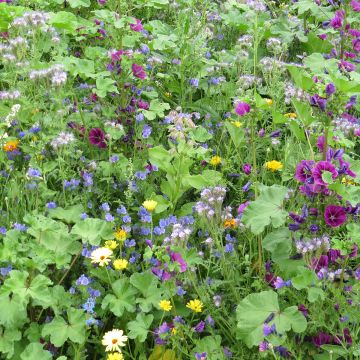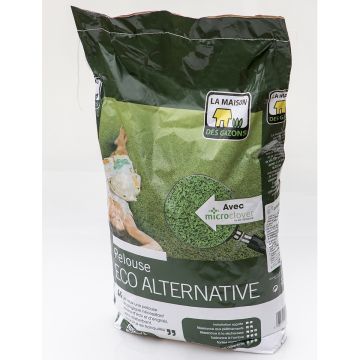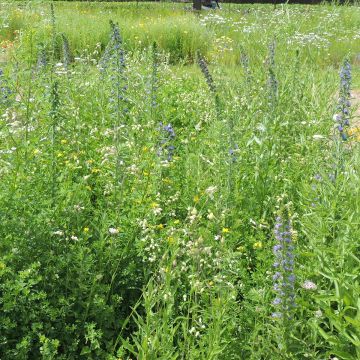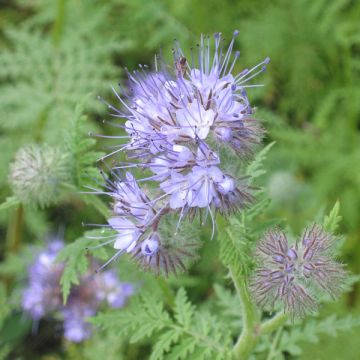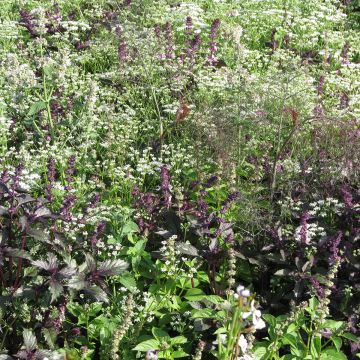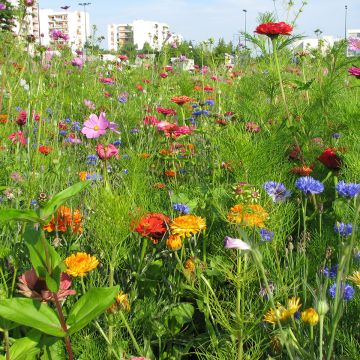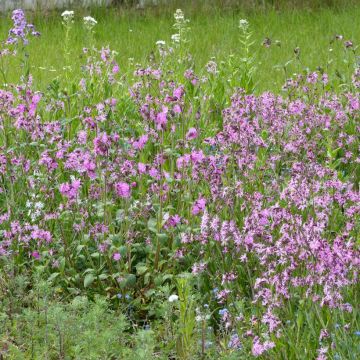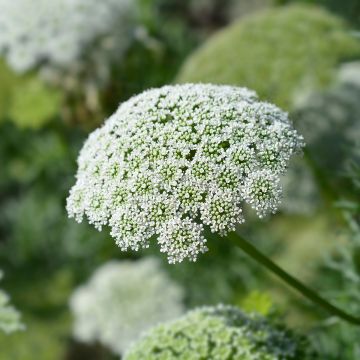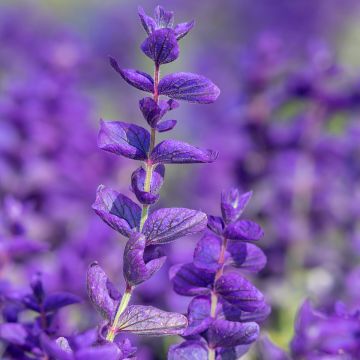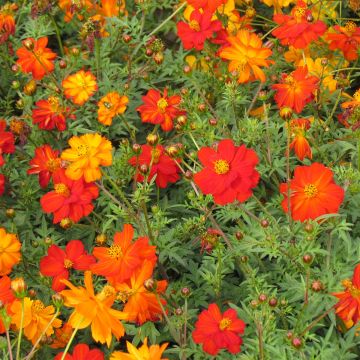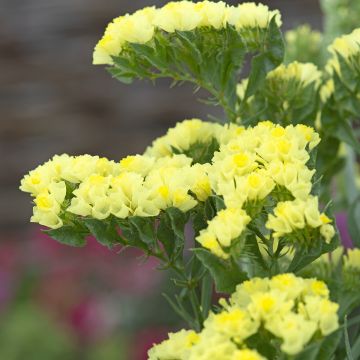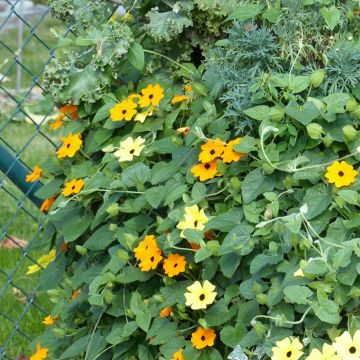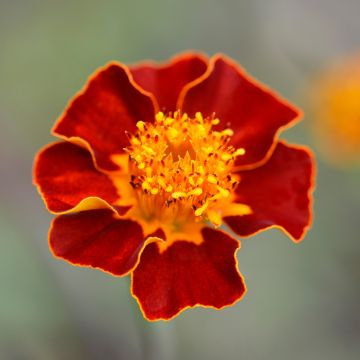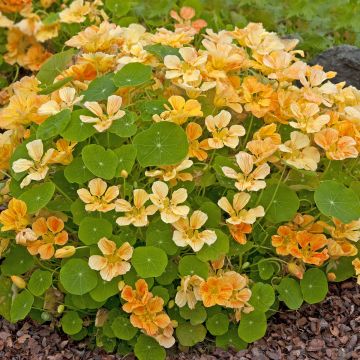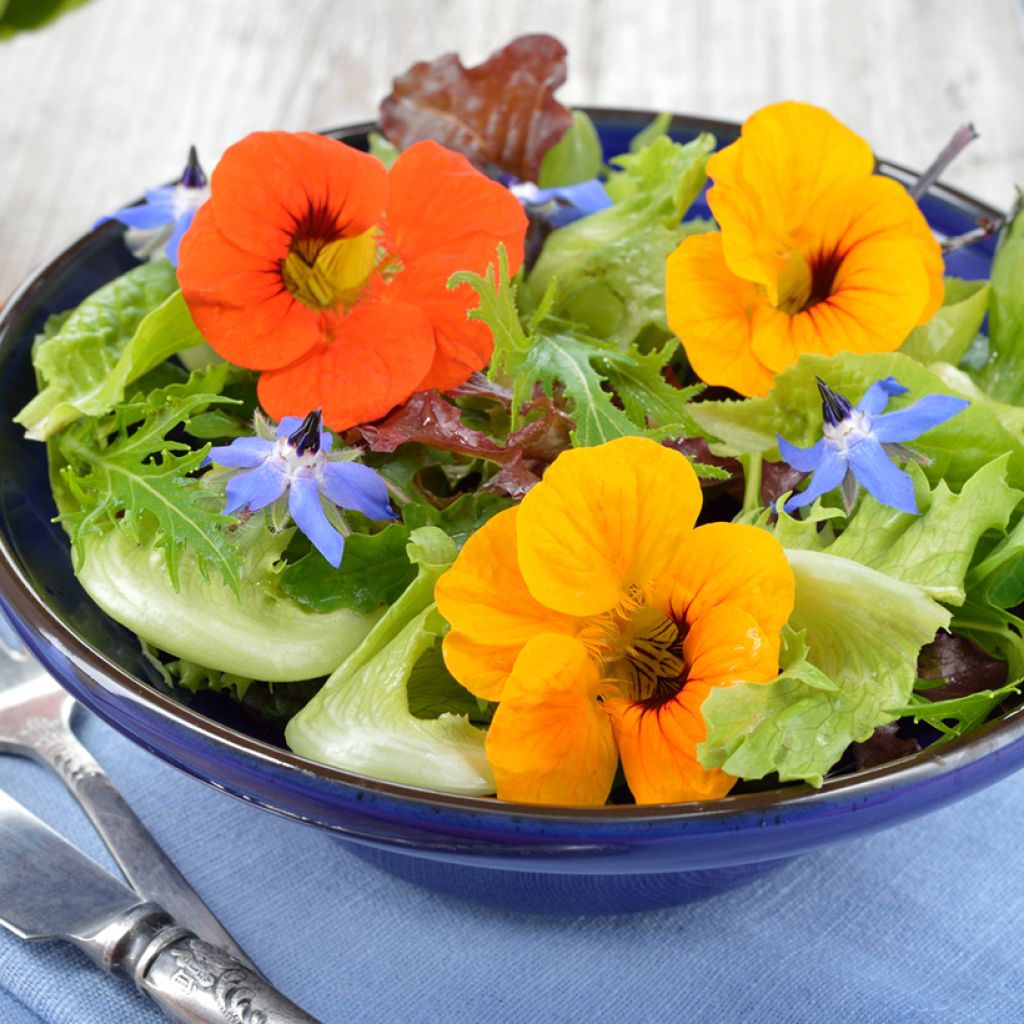

Organic Edible Flowers 20g Seeds Packet
Organic Edible Flowers 20g Seeds Packet
Special offer!
Receive a €20 voucher for any order over €90 (excluding delivery costs, credit notes, and plastic-free options)!
1- Add your favorite plants to your cart.
2- Once you have reached €90, confirm your order (you can even choose the delivery date!).
3- As soon as your order is shipped, you will receive an email containing your voucher code, valid for 3 months (90 days).
Your voucher is unique and can only be used once, for any order with a minimum value of €20, excluding delivery costs.
Can be combined with other current offers, non-divisible and non-refundable.
Home or relay delivery (depending on size and destination)
Schedule delivery date,
and select date in basket
This plant carries a 6 months recovery warranty
More information
We guarantee the quality of our plants for a full growing cycle, and will replace at our expense any plant that fails to recover under normal climatic and planting conditions.
Would this plant suit my garden?
Set up your Plantfit profile →
Description
This Edible Flowers mix is an assortment of plants and herbs that are both decorative and culinary, intended to garnish dishes and enhance the flavour of summer salads for creative cuisine. Their colourful and flavoursome petals, as well as their leaves or young shoots, can be enjoyed. Easy to grow in regular soil and requiring very little maintenance, they can be sown directly in place in May, in well-prepared and sunny soil. The resulting flowerbed will bloom for several weeks, also providing shelter and food for bees and other beneficial insects. Untreated seeds from conventional farming.
This selection consists of about twenty species of annual plants that grow quickly, are hardy and easy to cultivate, flowering 6 to 8 weeks after sowing. Some easily naturalise through self-seeding in regular and well-draining soil, as long as all the flowers are not cut off. The plants vary in height, ranging from 40 to 80 cm (16 to 32in).
Sample composition: marigold, borage, nasturtium, perilla, poppy, hollyhock, dill, etc.
Very trendy in refined, light, flavourful, and vitamin-rich cuisine, the flowers, young shoots, or young leaves of many plants or vegetables are increasingly appreciated for their colour and nutritional qualities. Marigold petals can be used to flavour oils, soups, vinegars, and infusions, as well as to colour butter or rice like saffron. Fresh or frozen borage flowers are used to decorate and flavour cocktails, compotes, creams, or salads, while the leaves pleasantly scent cucumbers and other raw vegetables. Perilla, rich in antioxidants, is a star in Asian cuisine, especially Japanese. It accompanies sashimi and buckwheat noodles as a condiment. The beautiful nasturtium has highly aromatic leaves and flowers that are ideal for preparing vitamin-rich salads. Its seeds, preserved in vinegar or brine, are an excellent alternative to classic capers. This mix allows for easy decoration of flowerbeds or large pots and can be used for making bouquets as well as inventing new salads and flavouring desserts and cocktails.
Report an error about the product description
Flowering
Foliage
Plant habit
Botanical data
Cultivar or hybrid
Other Fallows and meadows in flower
View all →Planting and care
Sowing: in April-May, after the last severe frosts
Turn over the soil. • Refine, rake, level, remove stones and weeds. • Mix the contents of the packet with an equal volume of dry sand to achieve a better distribution of the seeds. • Sow by broadcasting on the surface as if sowing a lawn. • Roll or compact to bring the seeds into contact with the soil. • Water and keep moist until germination.
- Respect a spacing of 20 to 25 cm (8 to 10in) for the plants to develop well.
- One packet is enough for approx. 2m²
Cultivation:
To have flowers again the following year, leave some flowers on the plants to allow the seeds to form. They will self-seed spontaneously.
Sowing period
Intended location
This item has not been reviewed yet - be the first to leave a review about it.
Similar products
Haven't found what you were looking for?
Hardiness is the lowest winter temperature a plant can endure without suffering serious damage or even dying. However, hardiness is affected by location (a sheltered area, such as a patio), protection (winter cover) and soil type (hardiness is improved by well-drained soil).

Photo Sharing Terms & Conditions
In order to encourage gardeners to interact and share their experiences, Promesse de fleurs offers various media enabling content to be uploaded onto its Site - in particular via the ‘Photo sharing’ module.
The User agrees to refrain from:
- Posting any content that is illegal, prejudicial, insulting, racist, inciteful to hatred, revisionist, contrary to public decency, that infringes on privacy or on the privacy rights of third parties, in particular the publicity rights of persons and goods, intellectual property rights, or the right to privacy.
- Submitting content on behalf of a third party;
- Impersonate the identity of a third party and/or publish any personal information about a third party;
In general, the User undertakes to refrain from any unethical behaviour.
All Content (in particular text, comments, files, images, photos, videos, creative works, etc.), which may be subject to property or intellectual property rights, image or other private rights, shall remain the property of the User, subject to the limited rights granted by the terms of the licence granted by Promesse de fleurs as stated below. Users are at liberty to publish or not to publish such Content on the Site, notably via the ‘Photo Sharing’ facility, and accept that this Content shall be made public and freely accessible, notably on the Internet.
Users further acknowledge, undertake to have ,and guarantee that they hold all necessary rights and permissions to publish such material on the Site, in particular with regard to the legislation in force pertaining to any privacy, property, intellectual property, image, or contractual rights, or rights of any other nature. By publishing such Content on the Site, Users acknowledge accepting full liability as publishers of the Content within the meaning of the law, and grant Promesse de fleurs, free of charge, an inclusive, worldwide licence for the said Content for the entire duration of its publication, including all reproduction, representation, up/downloading, displaying, performing, transmission, and storage rights.
Users also grant permission for their name to be linked to the Content and accept that this link may not always be made available.
By engaging in posting material, Users consent to their Content becoming automatically accessible on the Internet, in particular on other sites and/or blogs and/or web pages of the Promesse de fleurs site, including in particular social pages and the Promesse de fleurs catalogue.
Users may secure the removal of entrusted content free of charge by issuing a simple request via our contact form.
The flowering period indicated on our website applies to countries and regions located in USDA zone 8 (France, the United Kingdom, Ireland, the Netherlands, etc.)
It will vary according to where you live:
- In zones 9 to 10 (Italy, Spain, Greece, etc.), flowering will occur about 2 to 4 weeks earlier.
- In zones 6 to 7 (Germany, Poland, Slovenia, and lower mountainous regions), flowering will be delayed by 2 to 3 weeks.
- In zone 5 (Central Europe, Scandinavia), blooming will be delayed by 3 to 5 weeks.
In temperate climates, pruning of spring-flowering shrubs (forsythia, spireas, etc.) should be done just after flowering.
Pruning of summer-flowering shrubs (Indian Lilac, Perovskia, etc.) can be done in winter or spring.
In cold regions as well as with frost-sensitive plants, avoid pruning too early when severe frosts may still occur.
The planting period indicated on our website applies to countries and regions located in USDA zone 8 (France, United Kingdom, Ireland, Netherlands).
It will vary according to where you live:
- In Mediterranean zones (Marseille, Madrid, Milan, etc.), autumn and winter are the best planting periods.
- In continental zones (Strasbourg, Munich, Vienna, etc.), delay planting by 2 to 3 weeks in spring and bring it forward by 2 to 4 weeks in autumn.
- In mountainous regions (the Alps, Pyrenees, Carpathians, etc.), it is best to plant in late spring (May-June) or late summer (August-September).
The harvesting period indicated on our website applies to countries and regions in USDA zone 8 (France, England, Ireland, the Netherlands).
In colder areas (Scandinavia, Poland, Austria...) fruit and vegetable harvests are likely to be delayed by 3-4 weeks.
In warmer areas (Italy, Spain, Greece, etc.), harvesting will probably take place earlier, depending on weather conditions.
The sowing periods indicated on our website apply to countries and regions within USDA Zone 8 (France, UK, Ireland, Netherlands).
In colder areas (Scandinavia, Poland, Austria...), delay any outdoor sowing by 3-4 weeks, or sow under glass.
In warmer climes (Italy, Spain, Greece, etc.), bring outdoor sowing forward by a few weeks.






























